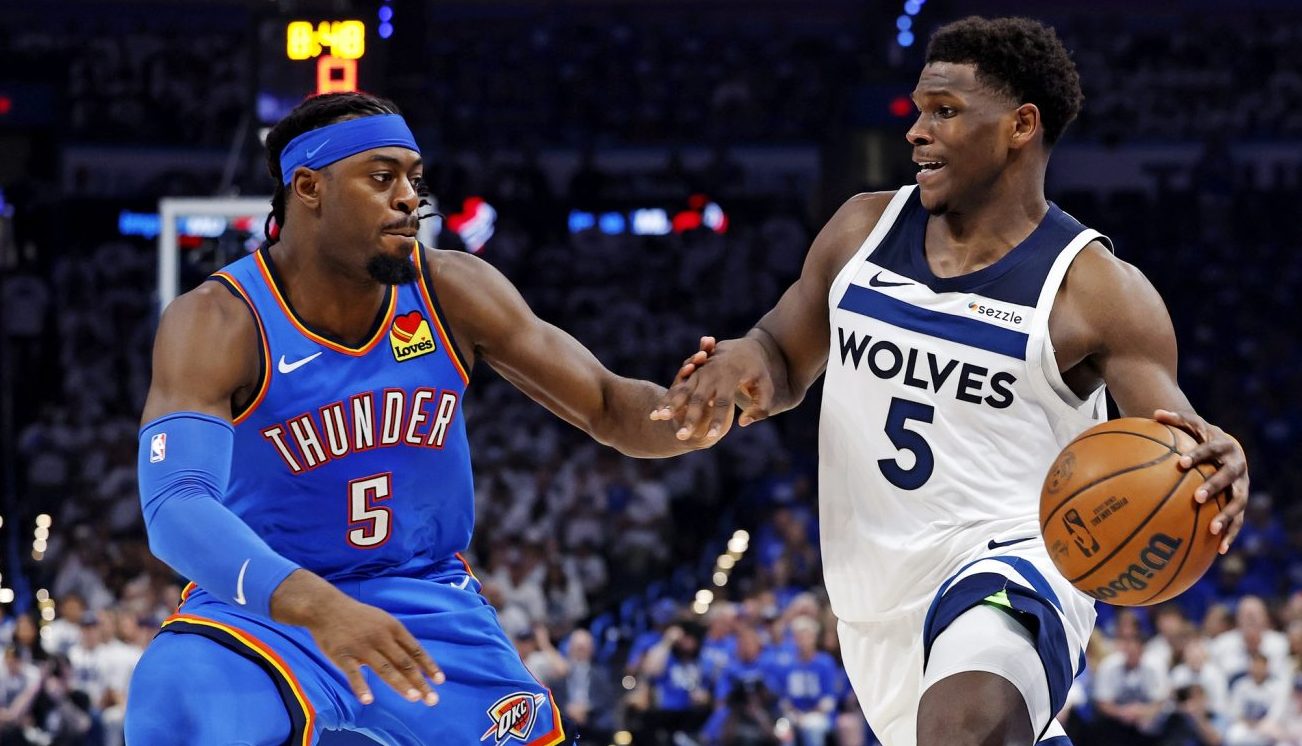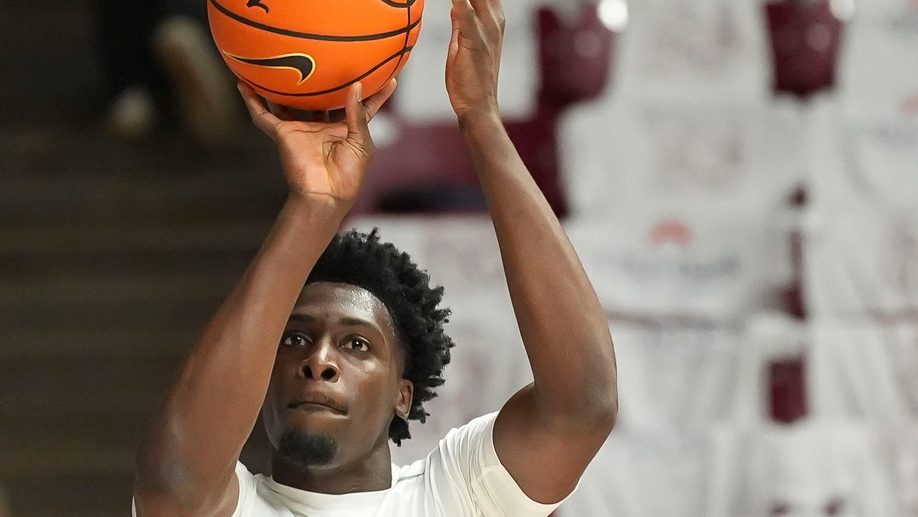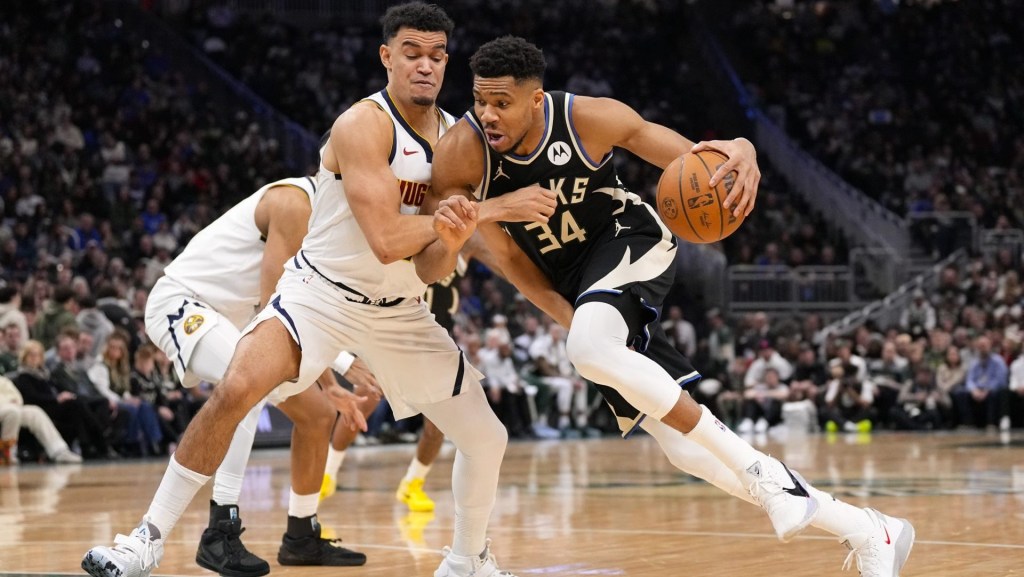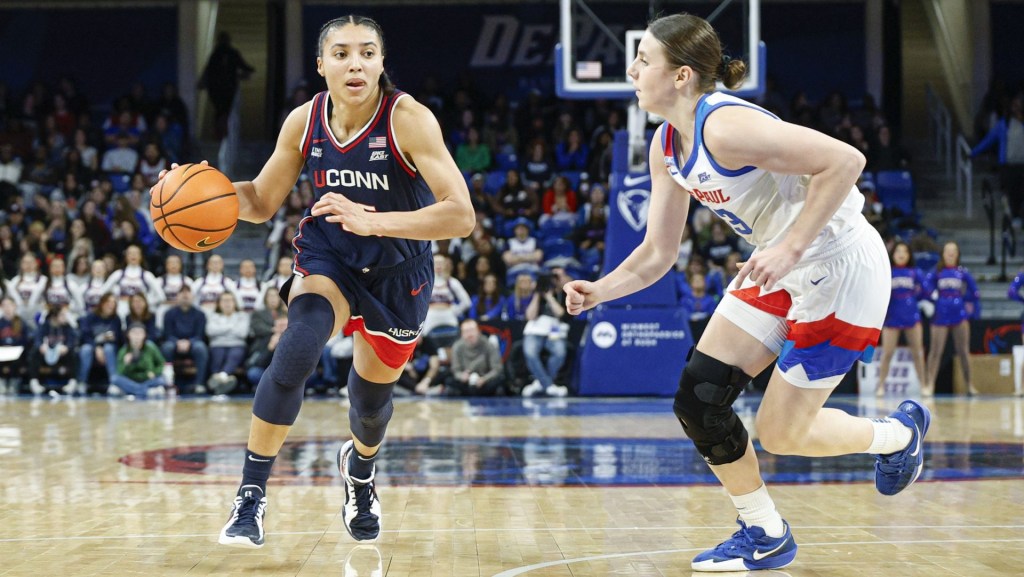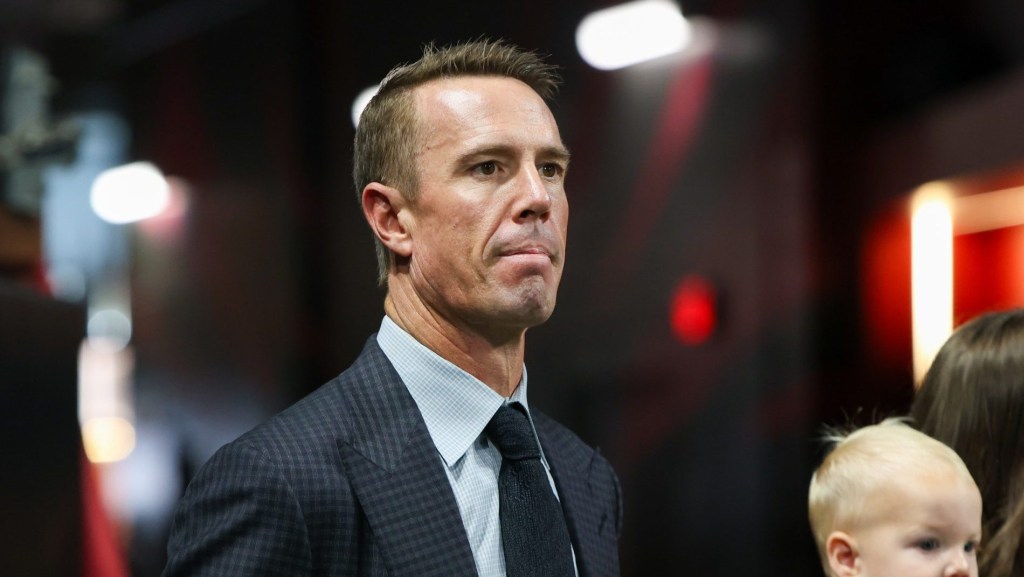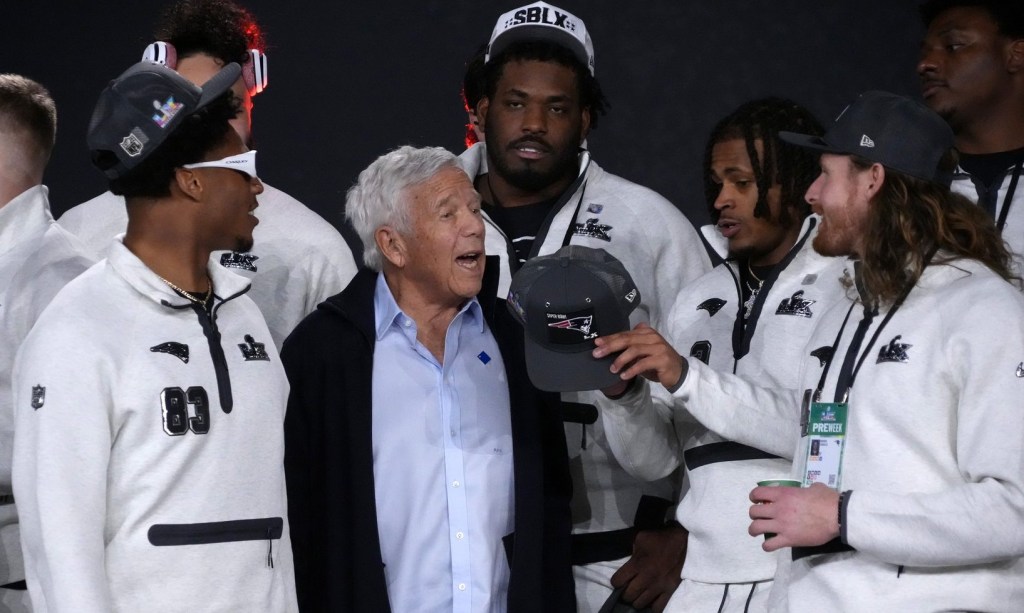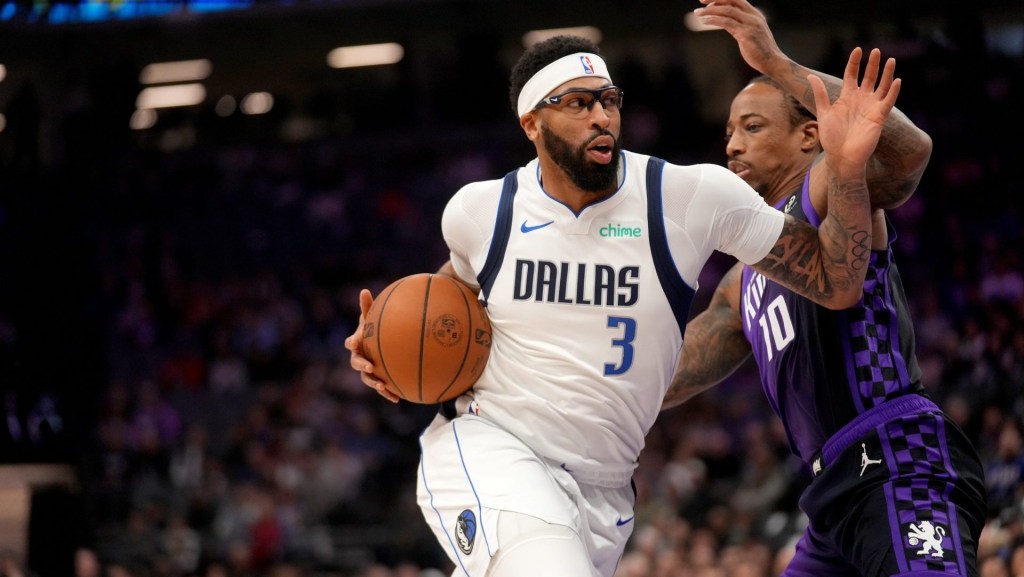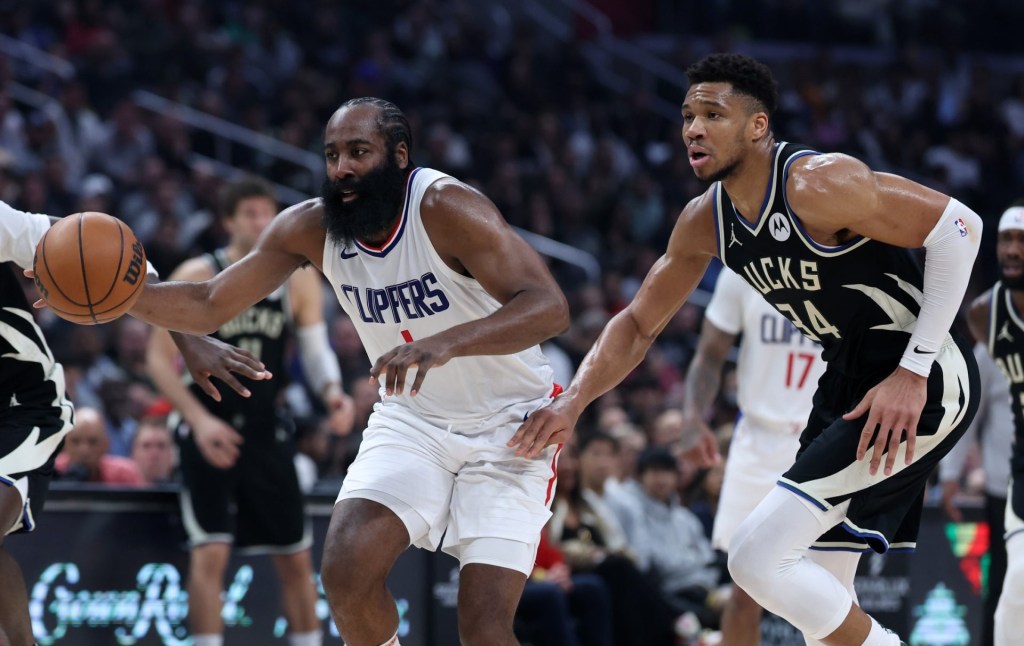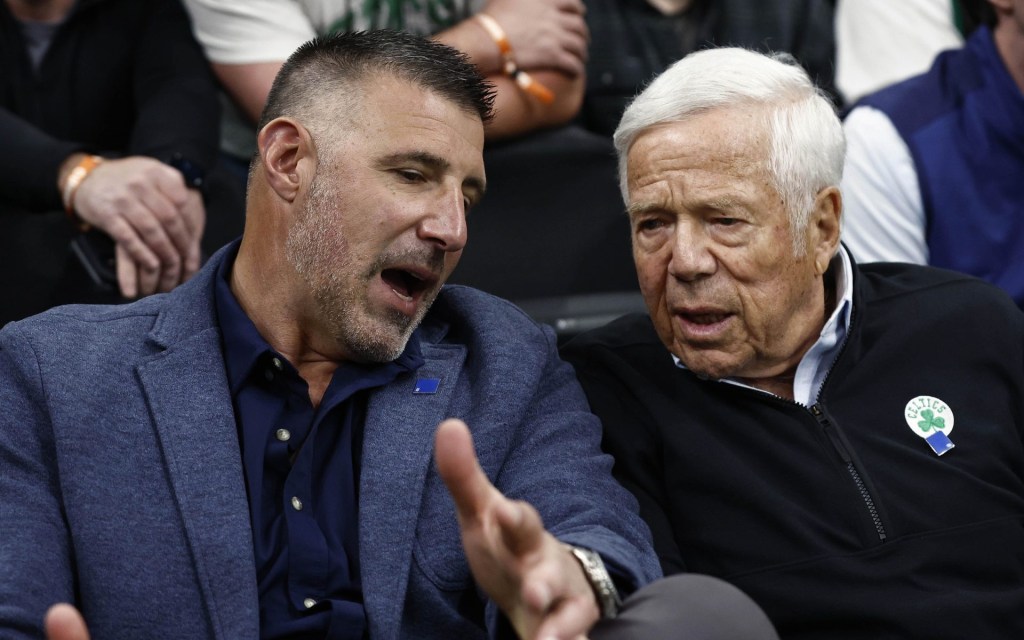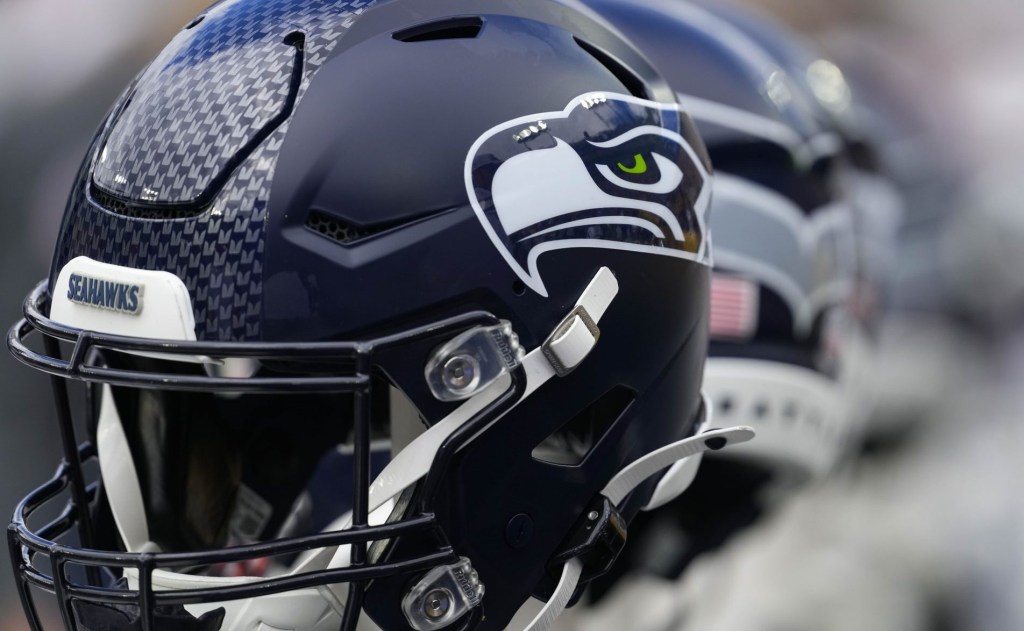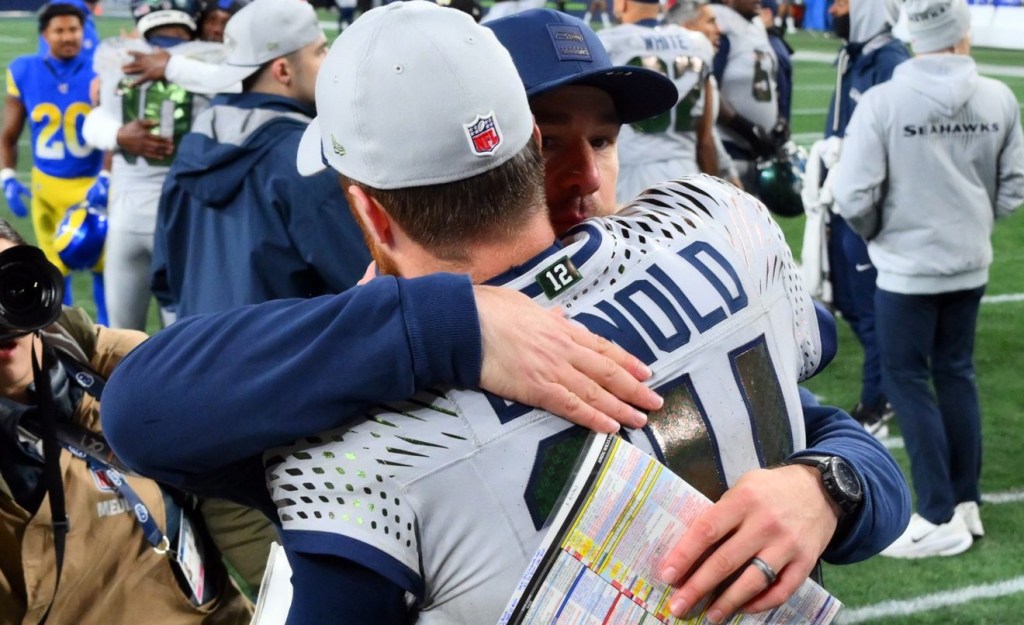For the second year in a row, the Timberwolves have been eliminated in the Western Conference finals in five games—and they were again blown out in the close-out game. Minnesota enters the offseason facing the same question: Does it have enough around superstar Anthony Edwards to build a true title contender?
The T-Wolves enter the summer with more stability at the top because the team’s ownership dispute has been resolved. Last month, Marc Lore and Alex Rodriguez officially took control of the franchise from Glen Taylor.
The team also has slightly more financial flexibility entering the offseason because of last year’s shocking trade of Karl-Anthony Towns to the Knicks for Julius Randle and Donte DiVincenzo. ESPN’s Bobby Marks projects Minnesota to have a $199 million payroll for the 2025–26 season, which would put them over the first salary apron ($195.9 million) but under the second apron ($207.8 million).
Many have quibbled over whether trading Towns lowered the team’s ceiling, but it has given the Wolves several options this offseason when it comes to three key players: Randle, Naz Reid, and Nickeil Alexander-Walker. The first two both have player options for next season and are eligible for long-term extensions (as much as four years, $194 million for Randle and four years, $87 million for Reid). Alexander-Walker will be an unrestricted free agent, and he will likely look for more than the $4.3 million he made this season.
The Wolves can choose to retain all three players, but this would likely put them over the second apron and wipe out the cap management progress they made last season with the Towns trade.
They could stay below the second apron if Randle, 30, and Reid, 25, opt in to their contracts or sign manageable long-term extensions. This would likely make Alexander-Walker the odd man out, though the Wolves have several guards who could fill his position (Terrence Shannon Jr. and Rob Dillingham) as well as the 17th and 31st picks in the draft.
That move, however, would mean the Wolves would have to hope continuity will propel them to the Thunder’s level next year in a loaded Western Conference. It’s not far-fetched, especially because Minnesota went from the No. 8 seed in the first year after its controversial trade for Rudy Gobert to the No. 3 seed the following year after running it back.
If new ownership feels compelled to rock the boat, the team could trade Randle or Reid (or both), whether as expiring contracts or on longer deals via a sign-and-trade. It would be another huge risk—and the team isn’t guaranteed a multiple-time All-Star like Towns or Randle in return—but it’s a decision worth considering when building around one of the league’s best young stars in Edwards.
